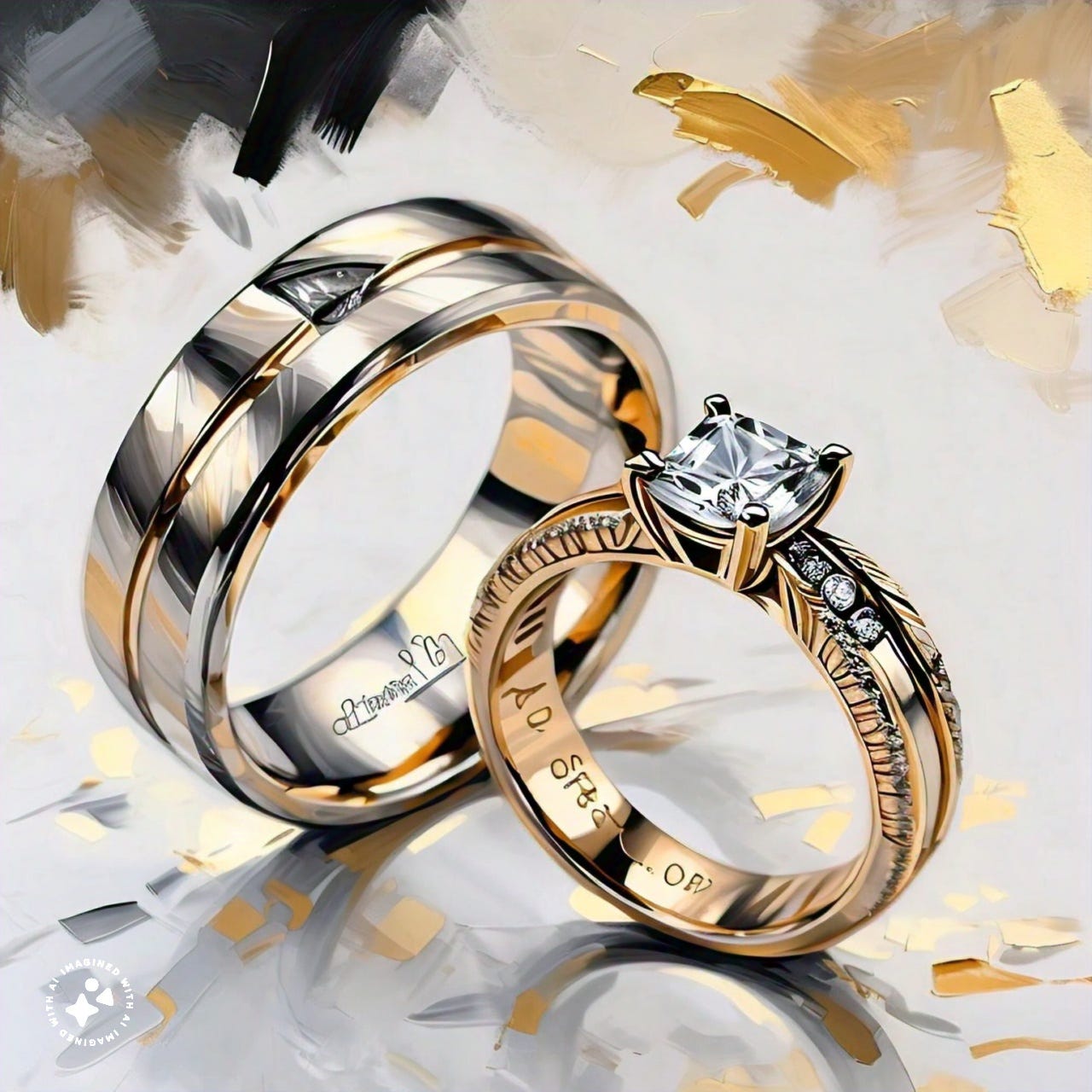The Chapter of Marriage
Listen to a two-part discussion of “The Chapter of Marriage” from Mukhtasr Minhaj Al-Qasidin, and hear questions on marriage from the community.
This summer, we finished reading “The Chapter of Marriage” from Ibn Quddama’s (d. 620 /1223) Mukhtasr Minhaj Al-Qasidin with predominantly college-age shabab (youth), by Allah’s grace and mercy. The chapter is broken into two parts to allow for an exhaustive Q&A .
In the first segment, we discuss the intention of marriage (practically and spiritually), impediments to marriage, and ways of good cohabitation.
In the second segment, continuing the discussion on good cohabitations, we cover the responsibilities of husbands and wives.
Read the previous papers I wrote regarding marriage:
Early Marriage?
This paper aims to provide some advice for young people considering marriage and their families who are inescapably involved in the process.Husband Core Competencies
The following paper is written to provide (a) men, especially young men, with guiding principles and (b) women with information about what to look for in a potential husband, InshaAllah.The Wali: Why His Role Still Matters
As women grow more independent, the Wali’s role in Muslim marriages remains crucial, ensuring compatibility and safeguarding emotional and spiritual well-being.Muhammad Ali: The Humble Servant Leader
This paper defines the Quranic concept of “qiwama”.Halal Rizz
This paper provides guidance for brothers seeking to start the courting process, InshaAllah (God willing), and exploring a Halal “rizz.”Parenting: Gardening, not Engineering
A metaphor to orient our parental leadership style more toward God and less toward ourselves.The Masjid: Kids + Uncles
With the masjid at the center of the American Muslim community, we must identify and adopt masjid etiquettes rooted in our tradition that applies to each demographic.



Alhamdulillah for this lecture ! JazakAllah Kharyn
I'll be sure to check those articles out iA. Barakallahu feekum. Very timely for a 23 yo feeling the call of fatherhood when little kids stand next to me in salah. It's funny, in a way, because I still refer to myself as a kid sometimes.